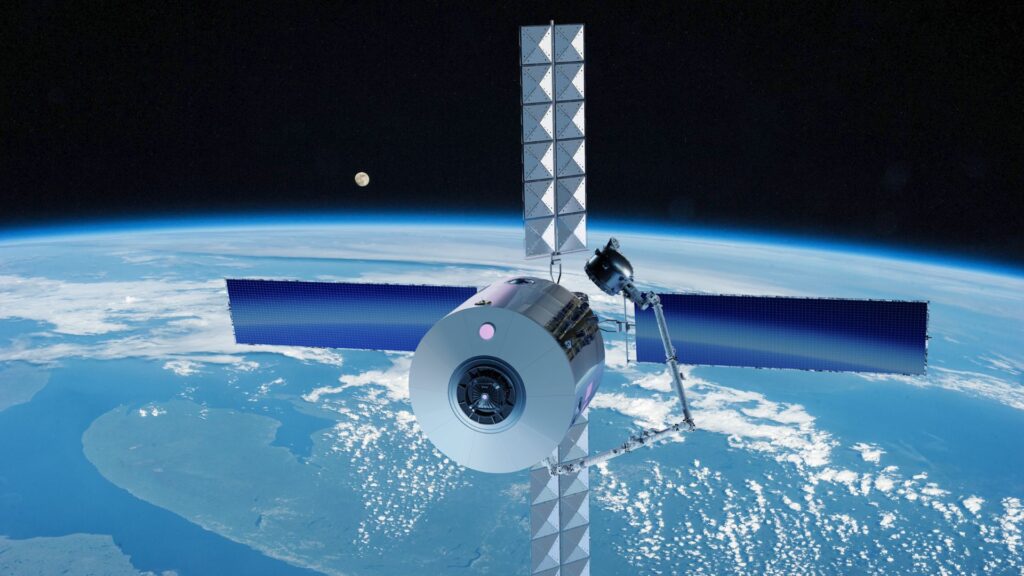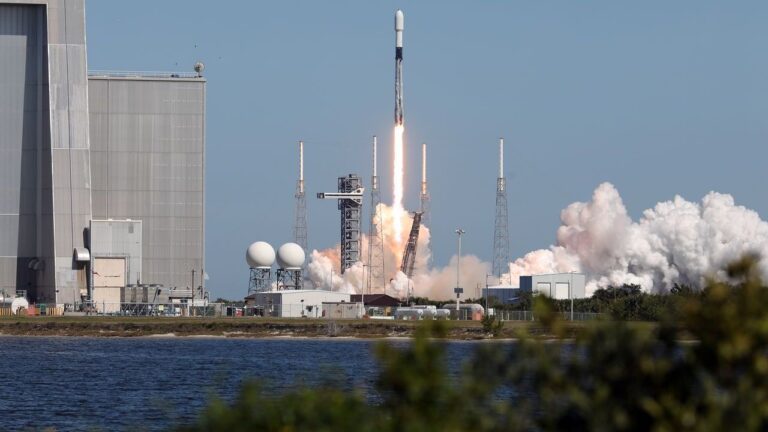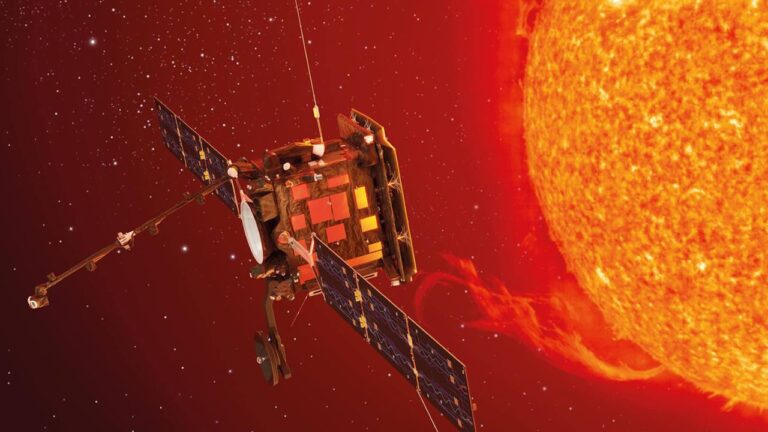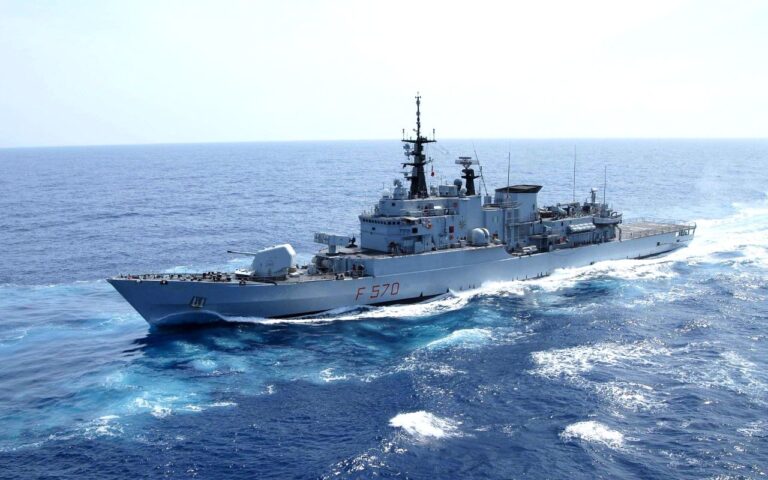
The European Space Agency (ESA) has taken a significant step towards ensuring its continued presence in low Earth orbit (LEO) beyond the lifespan of the International Space Station (ISS). At the Paris Air Show on June 18, ESA announced the signing of a memorandum of understanding with Thales Alenia Space and Blue Origin, aiming to explore future collaboration on the Orbital Reef commercial space station.
This agreement will allow ESA to study the possibility of sending European astronauts and scientific payloads to Orbital Reef, a commercial LEO destination developed by Blue Origin. The collaboration also includes examining potential European contributions to the station, from modular components and subsystems to transportation capabilities for crew and cargo.
Giampiero Di Paolo, Deputy CEO of Thales Alenia Space, emphasized the importance of leveraging European expertise in space infrastructure and vehicles. “We’re committed to competing and investing in the development of technological solutions to empower Europe’s plans for the commercialization of low Earth orbit,” he said.
As the ISS nears retirement later this decade, ESA is actively shaping its strategy for future human spaceflight and research in orbit. This latest agreement follows a similar partnership established last year with Vast, another private company aiming to develop commercial space stations.
ESA astronaut Andreas Mogensen highlighted the agency’s desire not only to use commercial platforms but to be an active partner in their development. Speaking at the Paris Air Show on June 19, Mogensen noted, “We are really exploring the possibilities of how we can cooperate, not just as a user and a paying customer, but also as a partner with many of these commercial entities.”
ESA has already begun adapting to a future that includes commercial missions. Recent private astronaut missions, such as Marcus Wandt’s flight aboard Axiom Space’s Ax-3 and the upcoming Ax-4 mission featuring Polish astronaut Sławosz Uznański-Wiśniewski, are examples of how short-duration scientific missions can be more efficient than traditional long-term stays focused on station upkeep.
Daniel Neuenschwander, ESA’s Director of Human and Robotic Exploration, reaffirmed ESA’s goal of maintaining a continuous European presence in LEO. “Commercial LEO destinations offer potential platforms that can help us meet that objective,” he said. Neuenschwander also expressed interest in reaching agreements that would enable multiple astronaut flights to such platforms in the future.
ESA is also evaluating how best to utilize commercial stations for scientific research. Angelique Van Ombergen, ESA’s Chief Exploration Scientist, acknowledged that while the ISS offered a broad array of research facilities, commercial platforms could allow more customized and efficient scientific operations.
Crucially, ESA wants to ensure European companies have a strong role in the development and operation of future stations. “We will support projects with a strong European share,” said Neuenschwander, signaling ESA’s intention to foster robust industrial participation from the continent.
The agreement with Blue Origin and Thales Alenia Space marks a pivotal move for ESA as it transitions from reliance on the ISS to a new era of space exploration supported by commercial partnerships and innovative European contributions.






